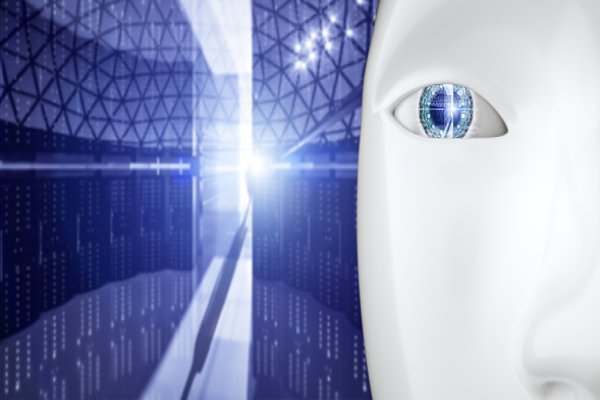Universal Music Group (UMG), which holds a third of the worldwide music market, has requested that streaming services like Spotify and Apple remove songs created by artificial intelligence (AI) using their copyrighted material. According to the Financial Times, UMG wants to block AI-generated music from these platforms.
Streaming service providers have been requested to restrict access to their music for AI developers who intend to use it for training AI models. By doing so, these developers will be prevented from using the existing music to train their models and create new songs similar in sound to popular artists’ works.
In a communique to streaming companies, UMG declared that they would take whatever steps are necessary to safeguard the rights of both their artists and themselves.
How AI Is Disrupting The Music Industry & Taking Over
Some people have been concerned about AI’s increasing favor, as it can create distinctive written pieces, pictures, and even tunes.
An example is the YouTube channel 20syl, which posted a video called “AllttA – Savages,” which includes rap vocals from Jay-Z. Interestingly, Jay-Z did not physically collaborate on the track – his voice was created by artificial intelligence.
The tech YouTuber Marques Brownlee (MKBHD) says:
“That sounded a lot like Jay-Z to the point where even knowing that I’m listening to AI-generated content, I can still hear it and sort of enjoy it.”
Can UMG Stop The Advancement Of AI Technology?
An individual who knows the situation relayed to the Financial Times that this advanced technology holds considerable obstacles.
Marques Brownlee went on to say:
“Much of [generative AI] is trained on popular music. You could say: compose a song that has the lyrics to be like Taylor Swift, but the vocals to be in the style of Bruno Mars, but I want the theme to be more Harry Styles. The output you get is due to the fact the AI has been trained on those artists’ intellectual property.”
UMG’s claim of infringement on the intellectual property of its artists may have some merit. However, many people think that AI technology cannot be hindered. A Twitter user put forth this sentiment by saying.
Marques Brownlee continues to say:
“This is ineffective. There are thousands of websites that provide music for free or either humans itself can manually upload files. No way universal is stopping AI from accessing it.”
An AI and automation expert Pascal Bornet shared a video of an orchestra on Twitter that featured live music to be used as real-time data for feeding a generative AI model. This approach differs from the traditional method of developers obtaining songs from streaming platforms to train their models.
How Non-Fungible Tokens (NFTs) Are Revolutionizing The Industry
Despite their skepticism of AI, the industry has welcomed non-fungible token (NFT) technology. In 2020, Universal Music Group made music for Kingship, a virtual band part of the Bored Ape Yacht Club’s NFT collection.
Are you interested in Universal Music Group, AI, or something else? If so, we want to hear from you! Join the conversation on our Telegram channel, or drop us a line. You can also follow us on TikTok, Facebook, and Twitter for updates. Warner Music Group recently partnered with Polygon to develop a Web3 music platform.
The threat face leading music companies face from AI-generated calls highlights the need for responsible and ethical use of AI in the music industry. By working collaboratively with stakeholders, implementing robust regulations, and investing in AI-powered tools, the music industry can harness the potential of AI while safeguarding against its misuse. With the right approach, AI can be a powerful ally in shaping the future of music, benefitting artists, creators, and music lovers alike.
Source: BeInCrypto



